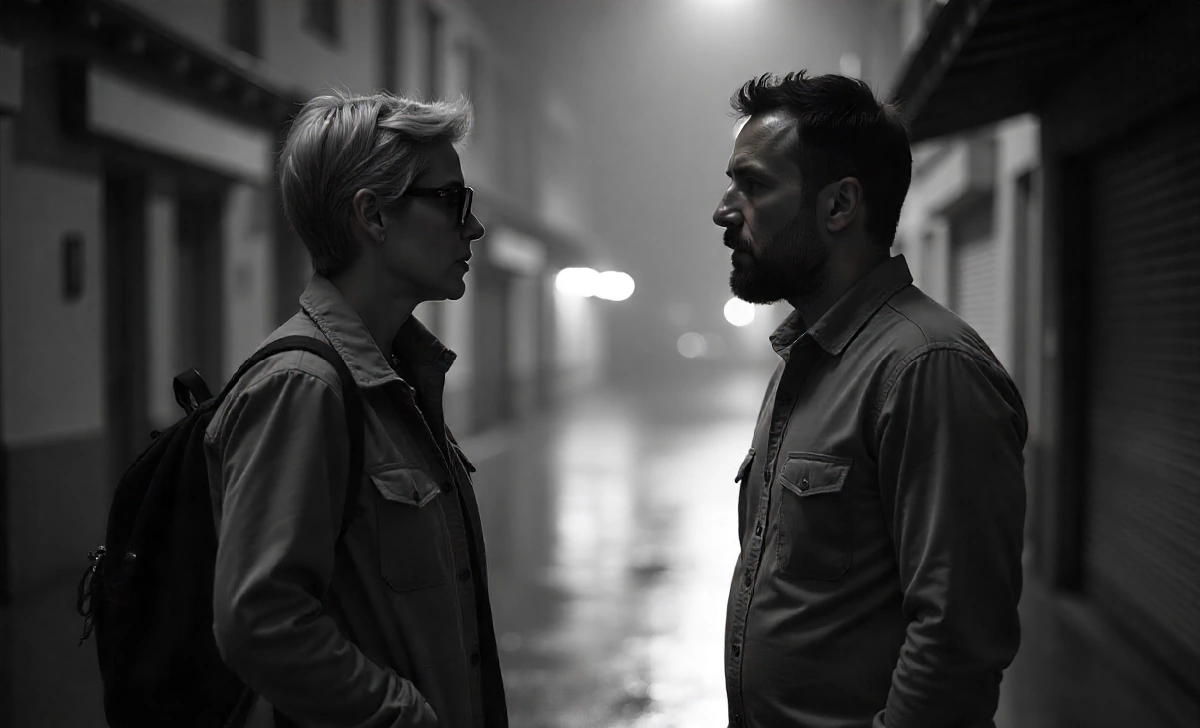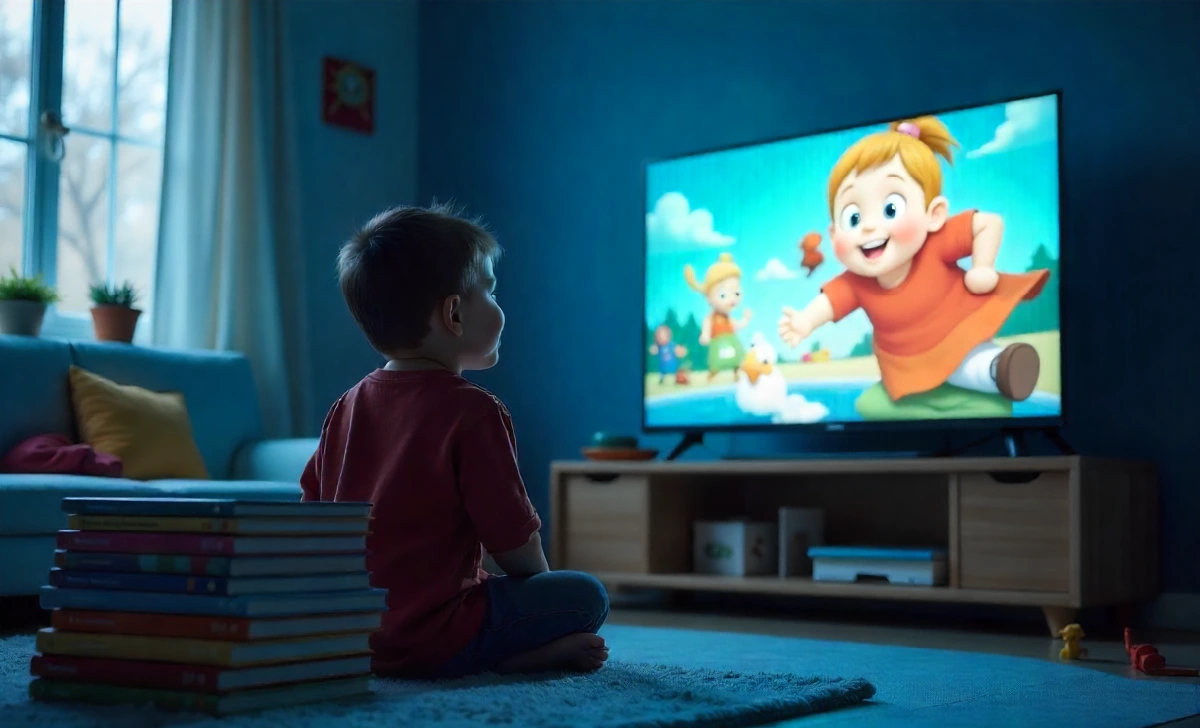Seeing your beloved book characters come to life on screen can spark intense emotions in authors. From excitement to anxiety, the journey from page to screen triggers a complex mix of reactions that vary dramatically between writers.
Book adaptations represent both opportunity and risk for authors. While film and television deals can bring financial rewards and wider audiences, they also mean relinquishing creative control over characters and stories that authors spent years crafting.
The Initial Excitement Phase
Dreams Becoming Reality
Most authors experience genuine thrills when studios first express adaptation interest. Stephen King described his excitement when “The Shining” received film interest, calling it “like winning the lottery” despite later complications with Kubrick’s interpretation.
Australian author Liane Moriarty felt “pinch-me moments” when HBO approached her about adapting “Big Little Lies.” The prospect of seeing Celeste, Madeline, and Jane portrayed by Nicole Kidman, Reese Witherspoon, and Shailene Woodley exceeded her wildest expectations.
Financial Security and Recognition
Adaptation often provides authors with financial stability that book sales alone cannot guarantee. Mid-list authors particularly benefit from these opportunities, as adaptation rights can earn more than years of book royalties combined.
The recognition factor also plays a significant role. Authors who struggled for literary acknowledgment suddenly find themselves in Hollywood meetings, discussing their work with A-list actors and directors.

The Anxiety and Fear Response
Losing Creative Control
Once contracts are signed, authors must accept that their stories will change. This reality often triggers deep anxiety, particularly for debut novelists unprepared for the collaborative nature of film and television production.
Suzanne Collins initially worried about “The Hunger Games” adaptation, fearing that Hollywood might glamorise the violence she intended as social commentary. Her concerns reflected broader author anxieties about message dilution.
Character Misrepresentation Concerns
Authors invest emotional energy in their characters, making casting and character interpretation decisions feel intensely personal. When readers envision characters differently from screen portrayals, authors often feel caught between fan expectations and production realities.
Gillian Flynn faced this challenge with “Gone Girl” when readers debated whether Rosamund Pike matched their vision of Amy Dunne. Flynn’s involvement as screenwriter helped maintain character authenticity, though she still received criticism from some book fans.
Mixed Emotions During Production
Creative Collaboration Challenges
Authors who serve as executive producers or consultants often struggle with collaborative decision-making after years of solitary writing. The committee-based approach to storytelling can frustrate writers accustomed to complete creative autonomy.
George R.R. Martin’s experience with “Game of Thrones” exemplifies this challenge. While initially thrilled with HBO’s adaptation, Martin grew frustrated as the show diverged from his source material, particularly in later seasons.
Positive Surprises and Enhanced Storytelling
Some authors discover that visual adaptations improve their original stories. Skilled directors and screenwriters can clarify confusing plot points, strengthen character development, or add emotional depth that the original text lacked.

Different Reaction Patterns by Author Type
Debut Authors vs Established Writers
First-time authors often approach adaptations with starry-eyed wonder, while experienced writers bring more realistic expectations. Established authors typically negotiate better terms and maintain stronger creative input.
Margaret Atwood’s seasoned approach to “The Handmaid’s Tale” adaptation contrasted sharply with newer authors’ experiences. Her decades of publishing experience helped her set clear boundaries while remaining open to creative interpretation.
Genre-Specific Responses
Fantasy and science fiction authors often worry about budget constraints affecting their elaborate world-building. Romance authors focus on chemistry between lead actors, while thriller writers stress maintaining suspense in a visual format.
Authors of literary fiction sometimes struggle most with adaptations, as their works rely heavily on internal monologue and subtle prose that doesn’t translate easily to the screen.
Financial vs Artistic Priorities
Commercial Success Considerations
Authors react differently based on their career stage and financial needs. Those seeking broader audiences often embrace changes that make stories more commercially viable, while established authors may prioritise artistic integrity.
The success of book sales following adaptations also influences author attitudes. Authors whose books experience post-adaptation sales boosts often view changes more favorably than those who see limited commercial benefit.
Long-term Career Impact
Smart authors recognise that successful adaptations can transform their careers, leading to more book deals, speaking opportunities, and future adaptation projects. This long-term perspective helps some authors accept short-term creative compromises.

Coping Strategies and Professional Growth
Setting Realistic Expectations
Experienced authors advise newcomers to view adaptations as separate artistic works rather than direct translations. This mindset shift helps reduce disappointment when changes occur.
Author involvement levels vary dramatically. Some prefer minimal input to avoid creative conflicts, while others fight for significant control over their adapted properties.
Learning from the Process
Many authors describe adaptations as educational experiences that improve their future writing. Seeing their work interpreted visually often reveals strengths and weaknesses in their original storytelling.
The collaboration process also teaches authors about different creative mediums, sometimes inspiring them to write screenplays or consider visual elements more carefully in future novels.
Public Relations and Fan Management
Handling Reader Expectations
Authors must navigate between supporting adaptations publicly while acknowledging reader concerns about changes. This balancing act requires careful communication to maintain relationships with both fans and production teams.
Social media amplifies these challenges, as authors receive immediate feedback about casting choices, plot changes, and visual interpretations. Managing these conversations requires diplomatic skills that many writers lack.
Media Appearances and Promotion
Adaptation success often requires authors to become public figures, participating in interviews, premiere events, and promotional campaigns. Introverted writers sometimes struggle with these expectations.
The promotional period can be particularly stressful as authors field questions about changes they didn’t control or don’t entirely support.
Long-term Perspectives on Adaptation Success
Measuring Success Beyond Box Office
Authors define adaptation success differently from studios. While commercial performance matters, authors often value audience engagement with their themes and character relationships more highly than pure financial returns.
Critical reception also influences author satisfaction. Positive reviews that praise source material alongside adaptation quality provide validation that resonates deeply with writers.
Impact on Future Writing
Successful adaptations can pressure authors to write more “adaptable” stories, potentially affecting their creative choices. Some authors resist this influence, while others embrace cinematic storytelling techniques.
The experience often changes how authors envision scenes, considering visual potential alongside narrative needs in their subsequent works.
Authors’ reactions to book adaptations reveal the complex relationship between literature and visual media. While initial excitement about seeing their stories adapted is nearly universal, the journey from page to screen tests authors’ flexibility, business acumen, and emotional resilience. Success depends largely on setting realistic expectations, choosing the right partners, and remembering that adaptations represent new artistic interpretations rather than direct translations.
What’s your experience with book adaptations? Have you noticed differences between your favourite books and their screen versions? Share your thoughts about how authors should balance creative integrity with commercial opportunities in the comments below.






